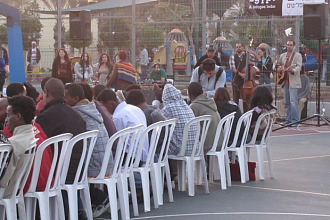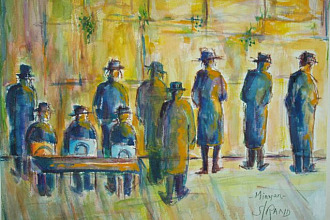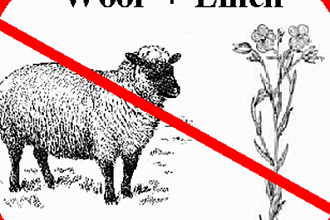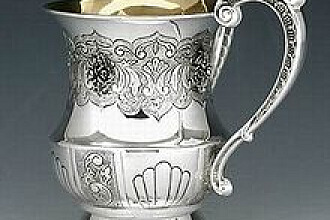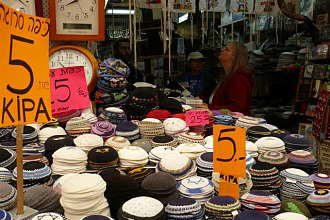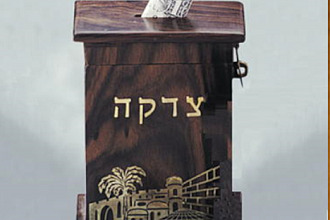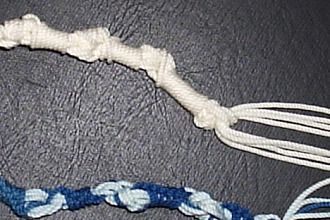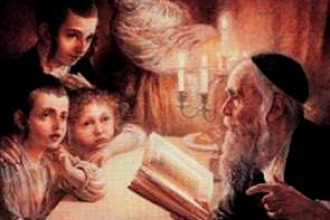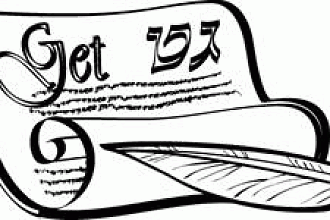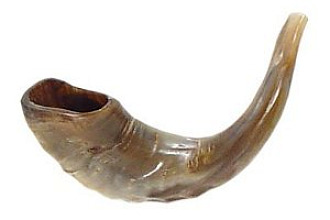Throughout the ages the Jewish people have been extremely careful to honor the name of God. Some won’t even spell the whole name in order to avoid dishonoring it.
Books with the name of God in it are not carelessly thrown out but are respectfully disposed of through burial. The Torah is treated with great respect and this is good. As it is written, “You shall not take the name of the Lord your God in vain, for the Lord will not hold him guiltless who takes His name in vain.” Exodus 20:7
While our efforts to respect things that bear the name of God and are associated with him are good we should not forget to be careful to bear the name of God with respect within our personal lives. When you claim to believe in God and then disregard the will of God in your life you are taking the name of a believer in vain because your profession of faith means nothing. Yeshua taught this truth, “‘Not everyone who says to Me, “Lord, Lord,” shall enter the kingdom of heaven, but he who does the will of My Father in heaven.” Matthew 7:21. Taking God’s name in vain is not only a matter of specking God’s name in a respectful tone, but of respecting God in how we live.
“Therefore the Lord said: ‘Inasmuch as these people draw near with their mouths and honor Me with their lips, but have removed their hearts far from Me, and their fear toward Me is taught by the commandment of men, therefore, behold, I will again do a marvelous work among this people, a marvelous work and a wonder; for the wisdom of their wise men shall perish, and the understanding of their prudent men shall be hidden.’” Isaiah 29:13-14. Acknowledging the Lord with tender words while disobeying God is folly. All of our efforts to outwardly respect the name of God mean nothing while inwardly disrespecting him.
Picture originally found here





